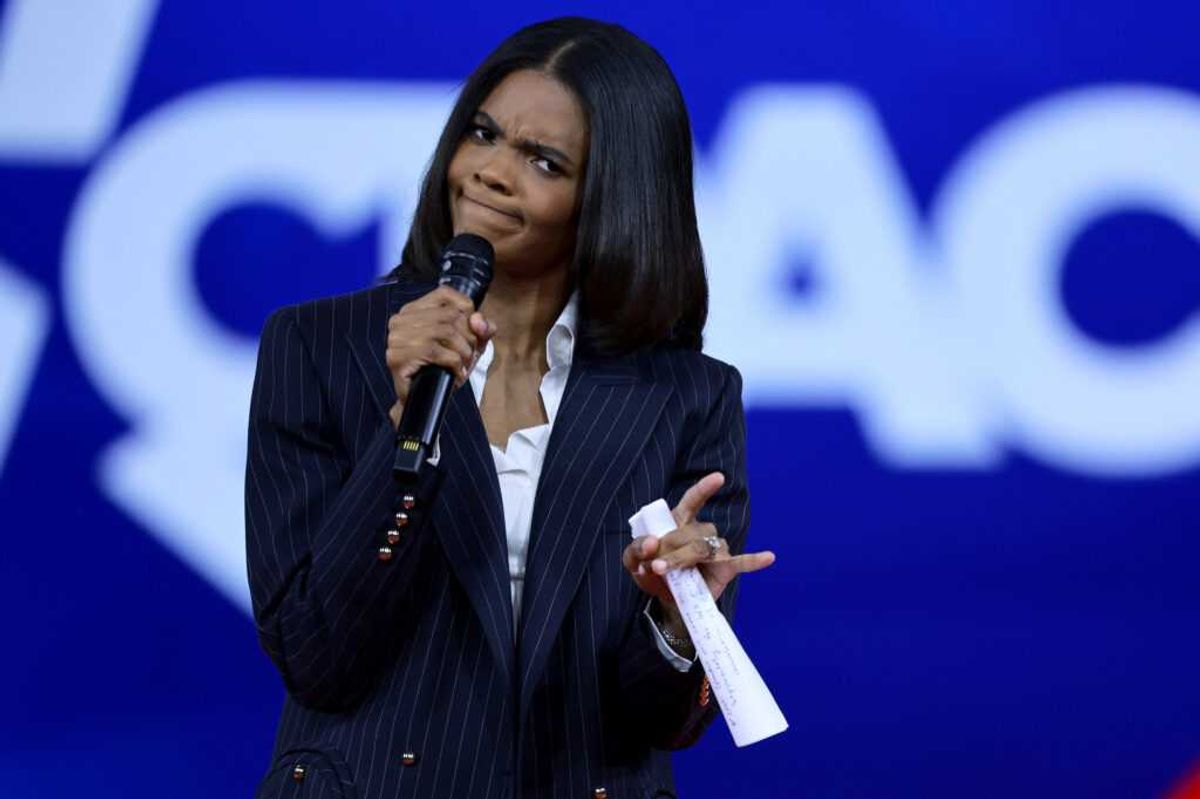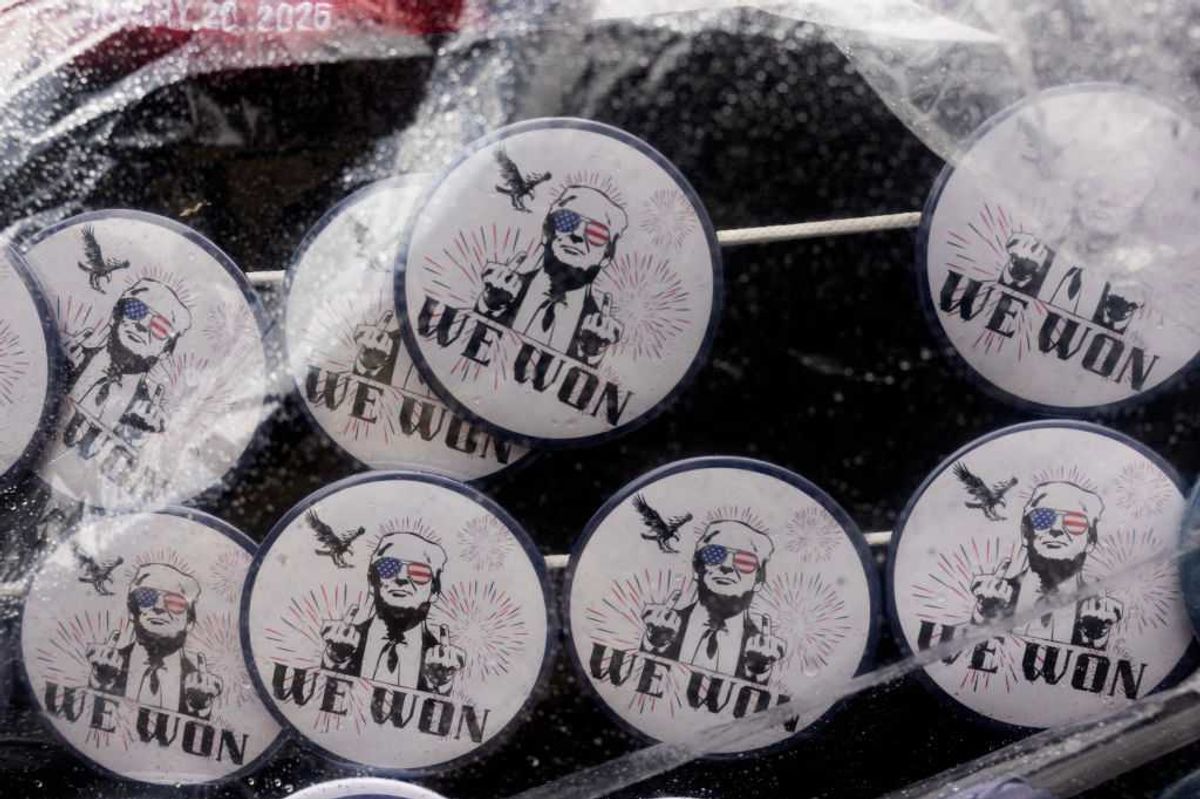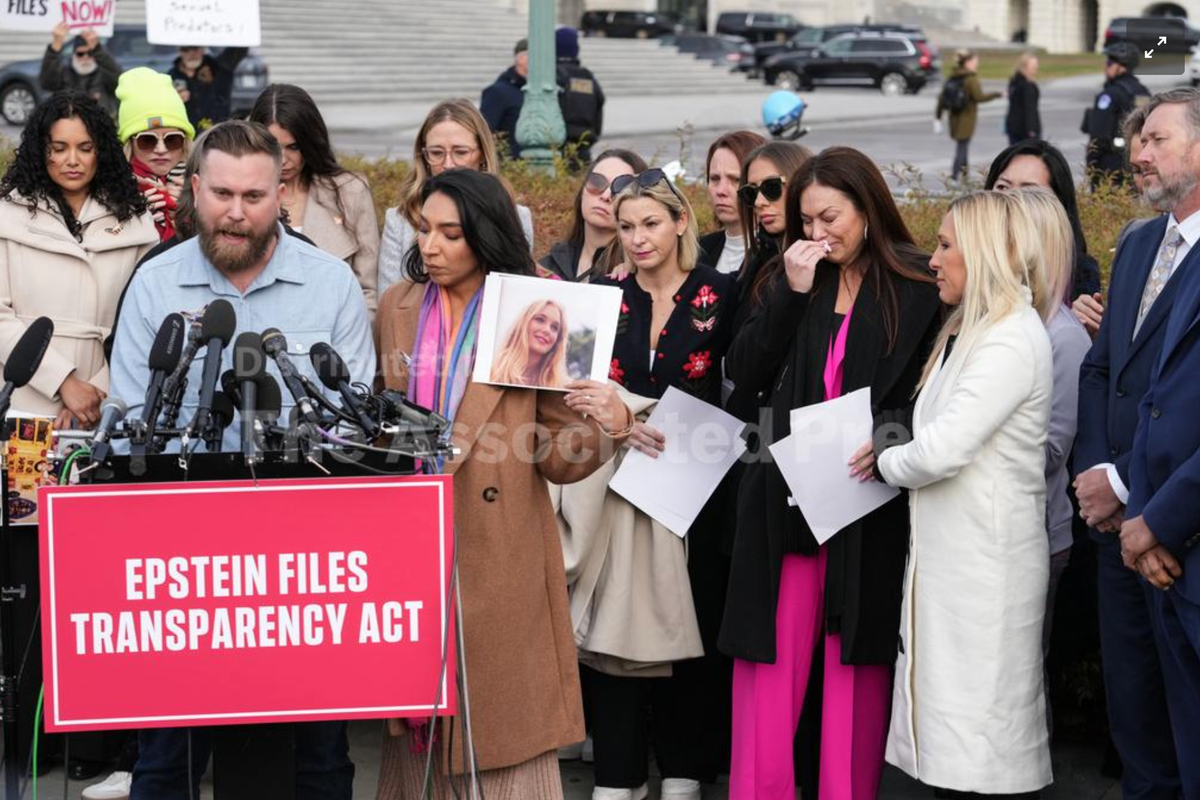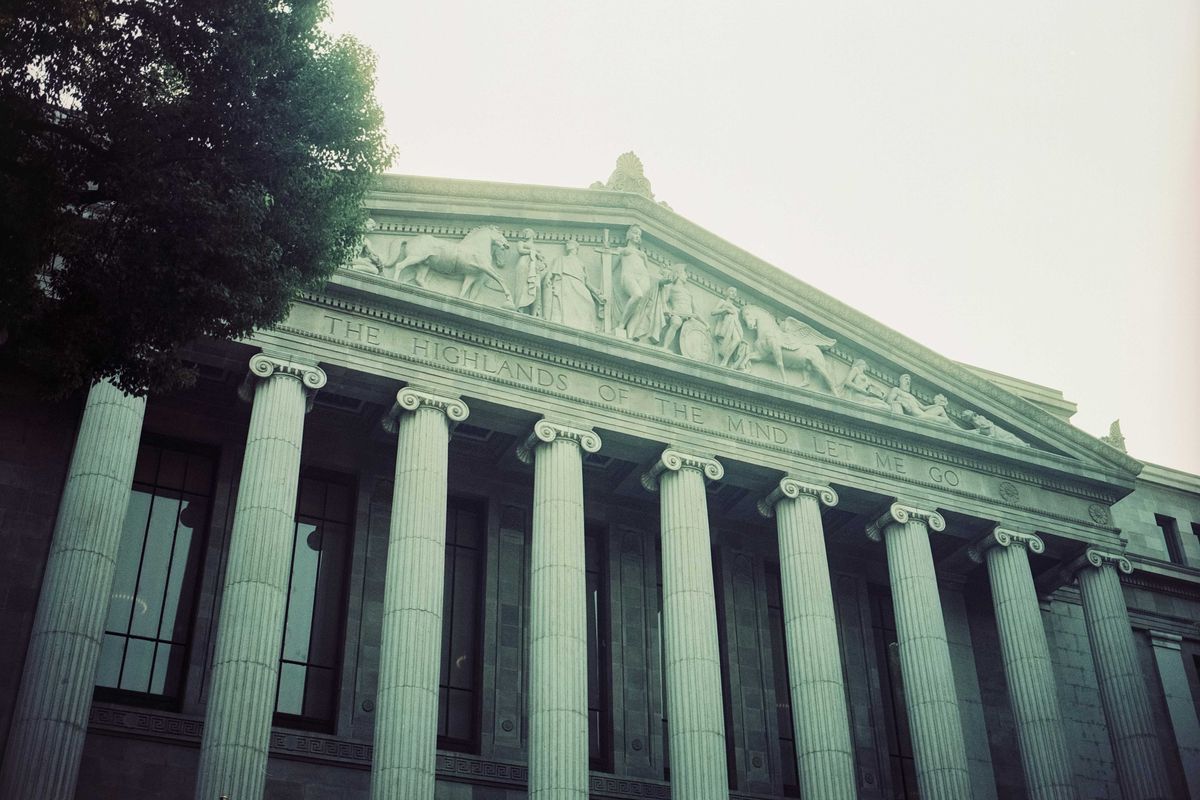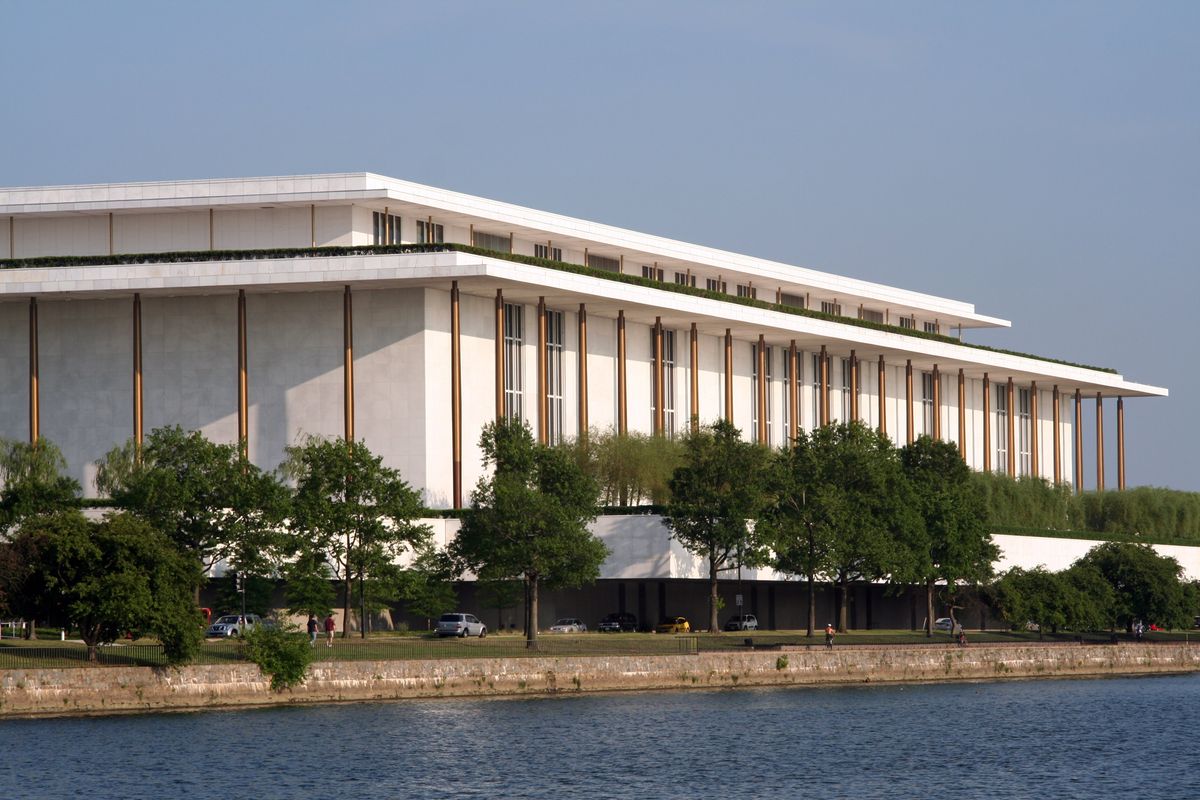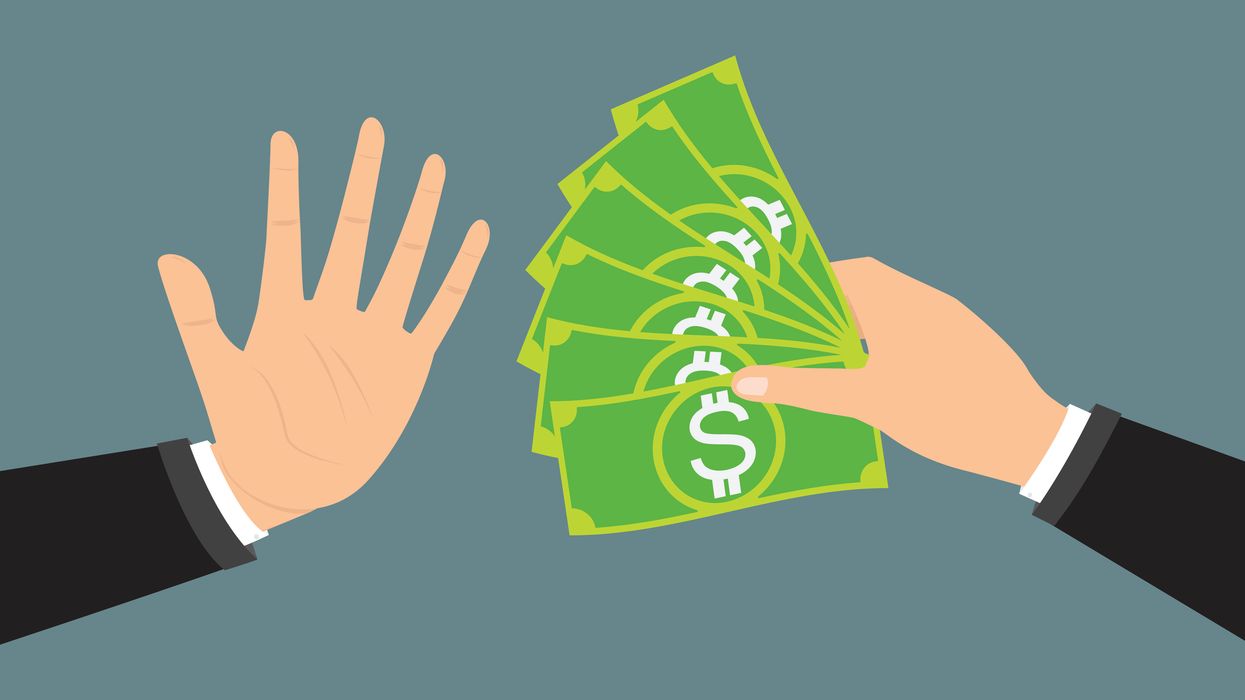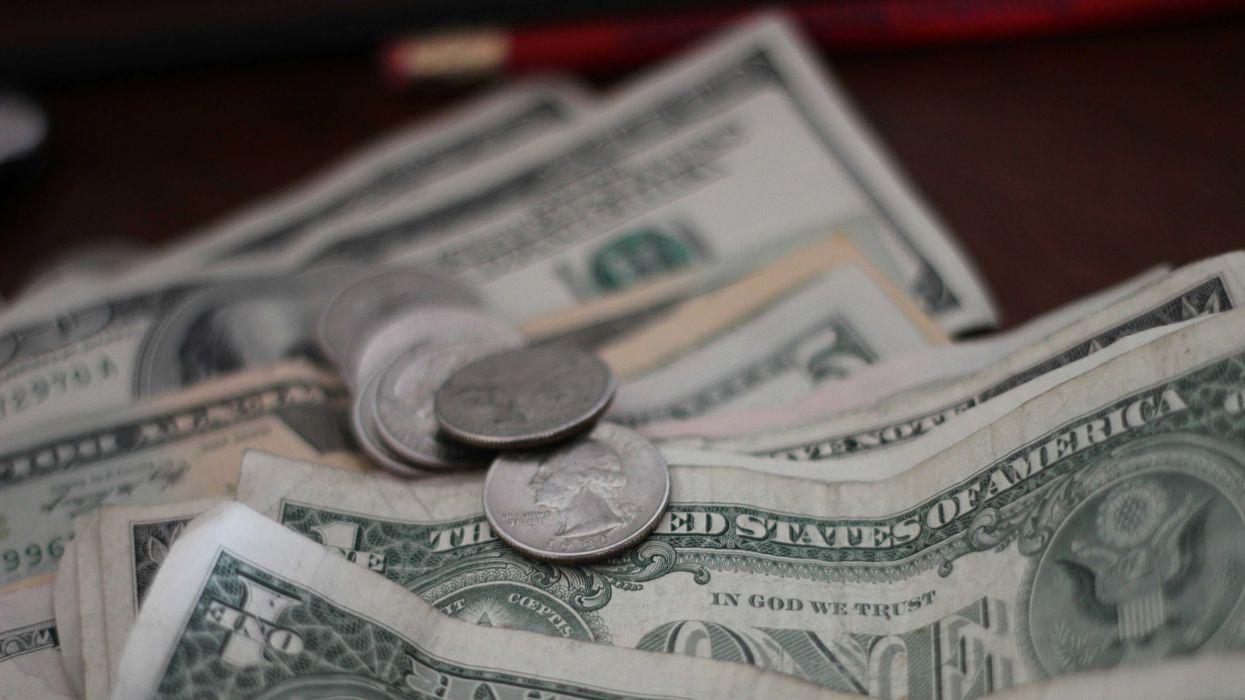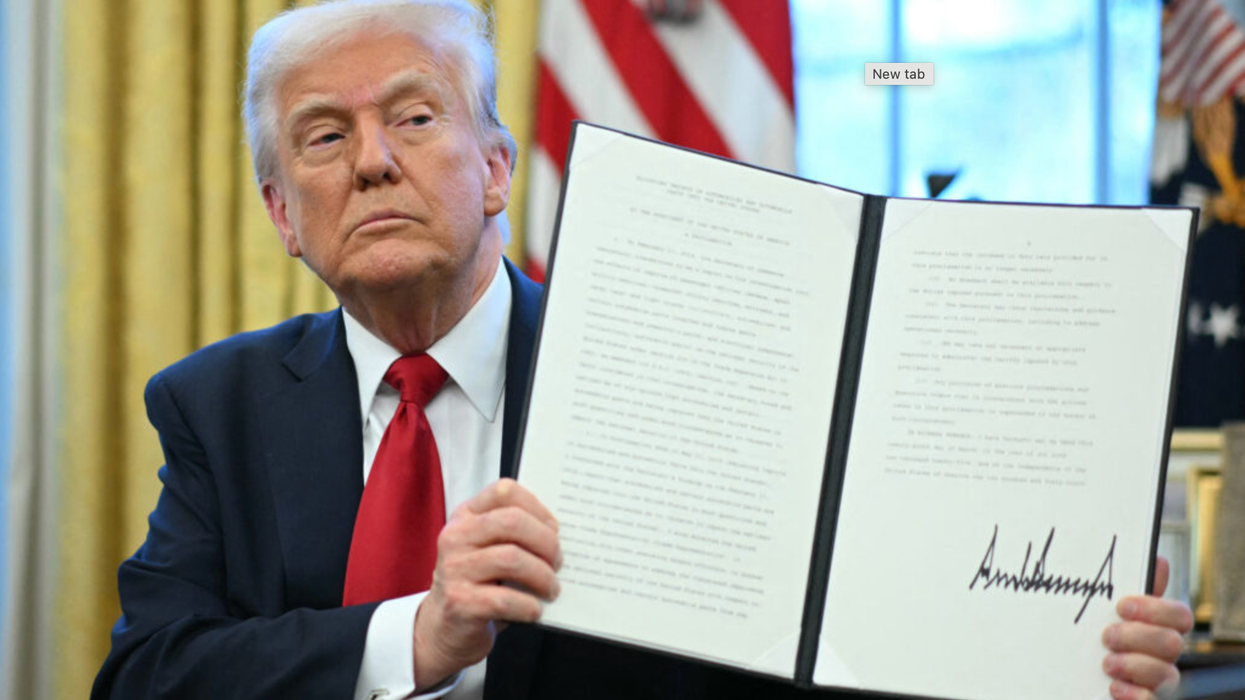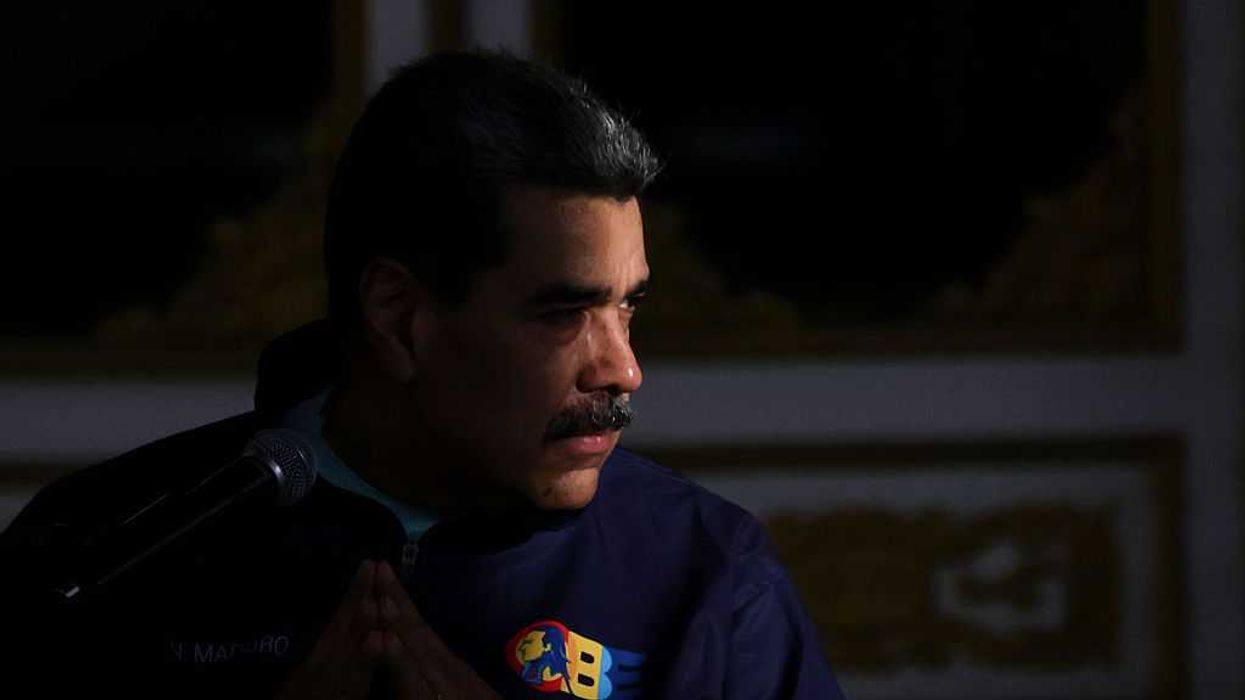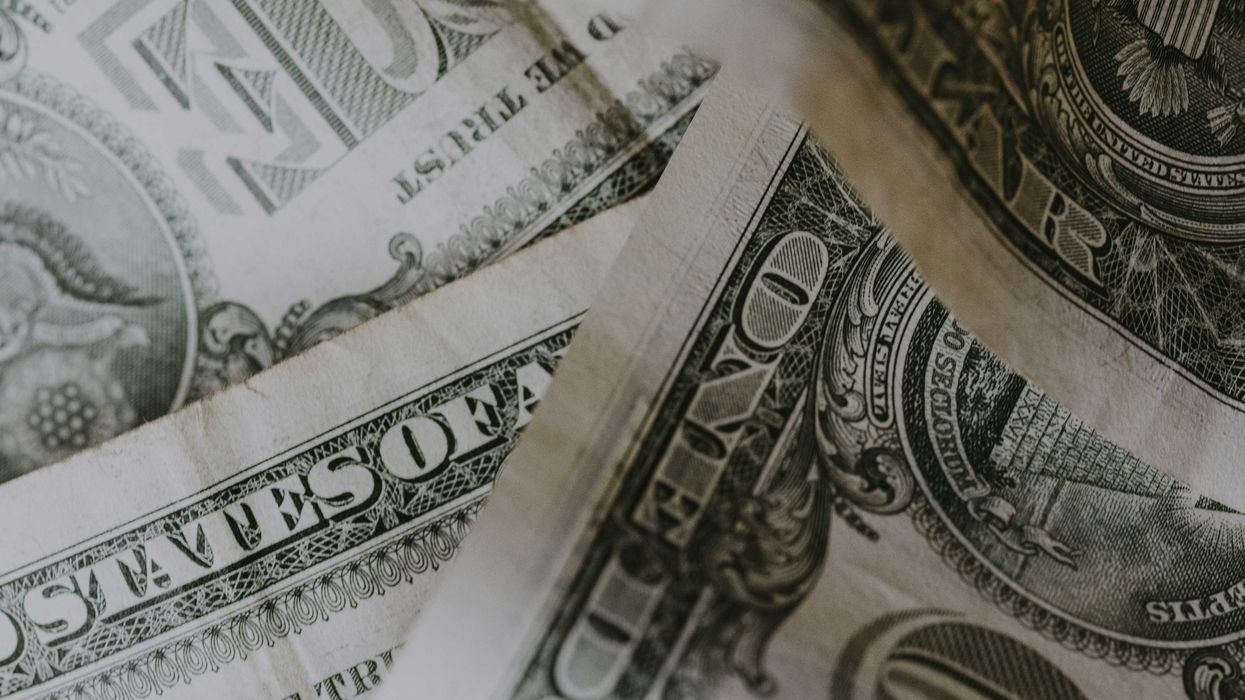More voters see "corruption in our political system" as the country's most pressing problem than any of the other issues getting greater attention in the 2020 campaign, new polling shows.
The online survey conducted in September asked voters whether seven different issues were an "extremely serious problem" for the country, and the only one where a majority said yes was political corruption; rising health care costs came in second at 49 percent.
The poll is only the latest to declare the electorate's dire concern about the broken political system. In just the last month, two-thirds of voters told one poll they believe the country is on the "edge of a civil war"and a plurality in another poll identified the government itself as the country's biggest problem.
But the topic of democracy reform is getting hardly any mention in the presidential race. Though most of the Democratic candidates have plans for limiting money in politics, making voting easier, securing elections and restoring the balance of powers, few have emphasized these ideas on the trail. And President Trump, who four years ago ran as the candidate most interested in "draining the swamp," rarely mentions this aspiration anymore.
The new poll was released Friday by the group that commissioned it, the Campaign Legal Center. CLC advocates for tighter campaign finance rules and easier access to the polls, and so issues of the broken political system were three of the seven "biggest problems facing the country" from which to choose. And almost two-fifths of respondents labeled "unlimited, secret donations to political campaigns" and "the influence of big money from corporations and special interests in our political system" as extremely serious problems.
Across the political spectrum, majorities in the poll agreed with the notion that they're directly impacted by all the money corporations and special interests spend on elections. Three-quarters agree with the accurate statement that corporate and special-interest campaign spending has increased in the last decade.
But the agency charged with overseeing the campaign finance system has been sidelined for the foreseeable future. While 71 percent of those polled want the Federal Election Commission to take on a more active role in enforcing money-in-politics rules, since September it has been powerless to do so for lack of a quorum.
In a second poll commissioned by CLC and released Friday, an astonishingly strong and bipartisan 83 percent (85 of Democrats and 81 of Republicans) support changing the rules to require public disclosure of contributions to all organizations that spend money on elections. (Currently, politically active nonprofits may keep their donors secret, the source of the term "dark money.")
The first poll of 855 likely voters was conducted online Sept. 16-22 by ALG Research, a Democratic firm, and GS Strategy Group, a Republican firm. The two outfits also conducted the second survey of 800 likely voters contacted Oct. 3-7.
Those polled signaled the requirement should apply equally to groups on both the left and the right. About three-quarters of respondents (the range was 73 percent to 77 percent) said they backed donor disclosure by Planned Parenthood, the NAACP and the American Civil Liberties Union, which generally back Democrats, and National Right to Life and the National Rifle Association, which generally align with Republicans.
"Real transparency about who is spending big money on elections will mean more government accountability, less influence for wealthy special interests and less political corruption," said Trevor Potter, CLC's president and a Republican commissioner on the FEC two devades ago.
With enough commissioners, the FEC could address the public's call for increased transparency by creating new disclosure requirements. For the time being, though, the agency cannot create new rules.
Even before the FEC lost its quorum, it was not consistently enforcing campaign finance laws due to frequent partisan deadlocks, Potter said. And now, with only three members, the agency cannot address violations "during one of the most expensive election cycles in history," he said.
